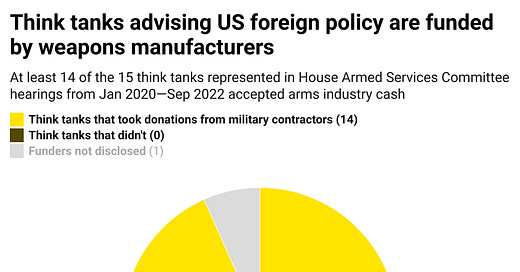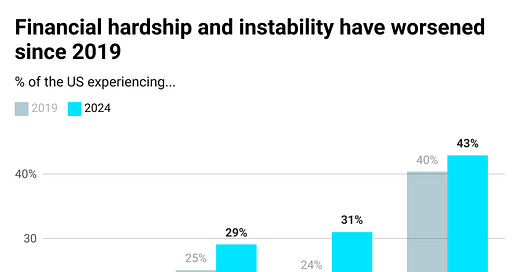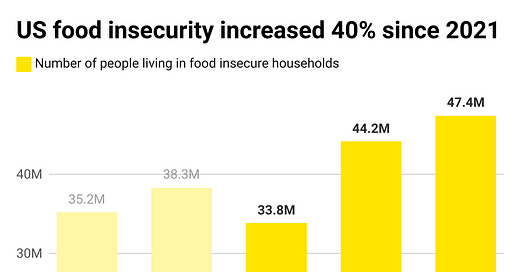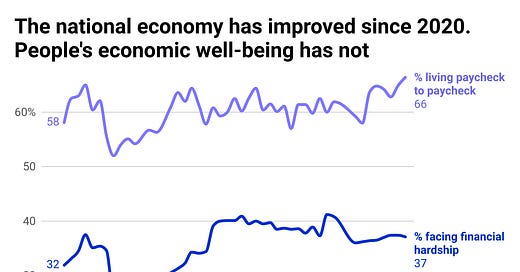
How we got to an $850 billion Pentagon budget
Speaking Security Newsletter | Note n°173 | 16 September 2022
If you find these notes useful, you can support this newsletter and SPRI, here.
Big thank-you to Brian W. for becoming SPRI’s newest supporter on Patreon! Your contributions help keep this newsletter going and mean a lot to me.
Situation
The Senate might vote on the fiscal year 2023 military budget this month. Or it might not; nobody’s sure. What’s for certain is that the bill the Senate considers will have at least $850 billion for the Pentagon. In other words, we’re staring down a $72 billion year-to-year increase in military spending with this legislation: The FY2022 version of the same bill (National Defense Authorization Act, or NDAA) licensed $778 billion for the Pentagon.
How we got to an $850 billion Pentagon budget
In March, Joe Biden proposed increasing annual military spending by $35 billion—to $813 billion—as part of his FY2023 budget request. In June, the House Armed Services Committee (HASC) added another $37 billion on top of that before advancing the $850 billion bill to the House floor for approval.
This decision was reportedly a matter of course for the committee. According to one HASC member, there was “almost no debate” on dumping another $37 billion on top of the president’s own proposed increase. An overlooked reason why the committee’s move was so automatic was the ‘expertise’ that made a $72 billion year-to-year increase seem appropriate or even natural.
Think tanks are said to be free from the ugly forces that bias in-house policy planning—namely, all the lobbying and campaign cash that encourage members of Congress to make decisions based on parochial interests and not the public’s. The problem is that establishment think tanks are corrupted by the same monied interests members of Congress are. In this case, we’re talking about the arms industry.
Every think tank represented in a House Armed Services Committee hearing to provide expert testimony from January 1, 2020 through September 16, 2022 that disclosed its donors received funding from military contractors (the one that didn’t disclose its donors was the hawkish American Enterprise Institute).
The result? Military contractors were able to launder their profit-driven interests through ostensibly non-political institutions, while powerful lawmakers on the HASC got their parochially-driven policy positions validated by ostensibly unbiased ‘expertise’.
^Alt text for screen readers: Think tanks advising U.S. foreign policy are funded by weapons manufacturers. At least 14 of the 15 think tanks represented in House Armed Services Committee hearings from January 2020 to September 2022 accepted arms industry cash. This mostly-yellow pie chart represents the 14 think tanks that took donations from military contractors, the 0 that didn't, and the 1 that didn't disclose its funders. Data came from company disclosures and Ben Freeman's report entitled "U.S. government and defense contractor funding of America's top 50 think tanks."
UPDATE (19 Sep): AEI is the think tank that doesn’t disclose its donors, but after some digging you’ll find that AEI has taken money from the military industry by way of its board chair (so the chart above should be a solid yellow pie). Here is Ben Freeman with the receipts:




Thank you, Ben!
-Stephen (@stephensemler; stephen@securityreform.org)
Find this note useful? Please consider becoming a supporter of SPRI. Unlike establishment think tanks, we rely exclusively on small donations.















